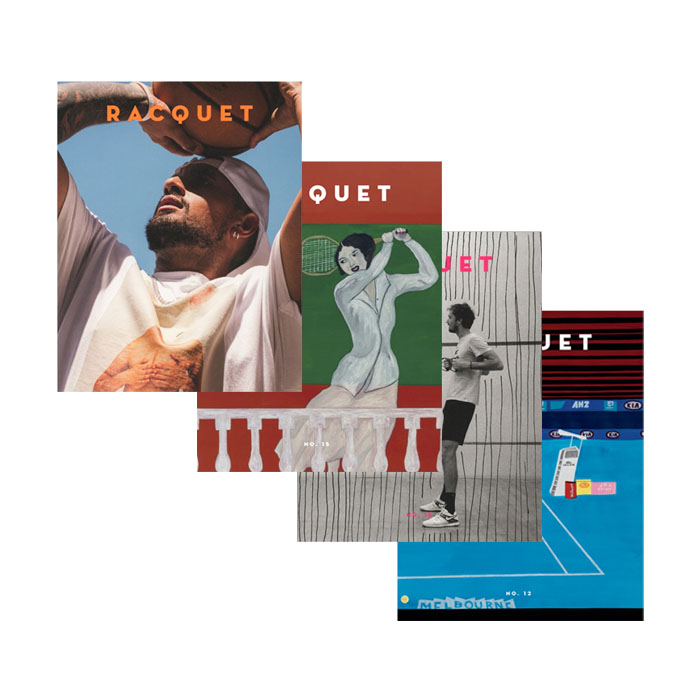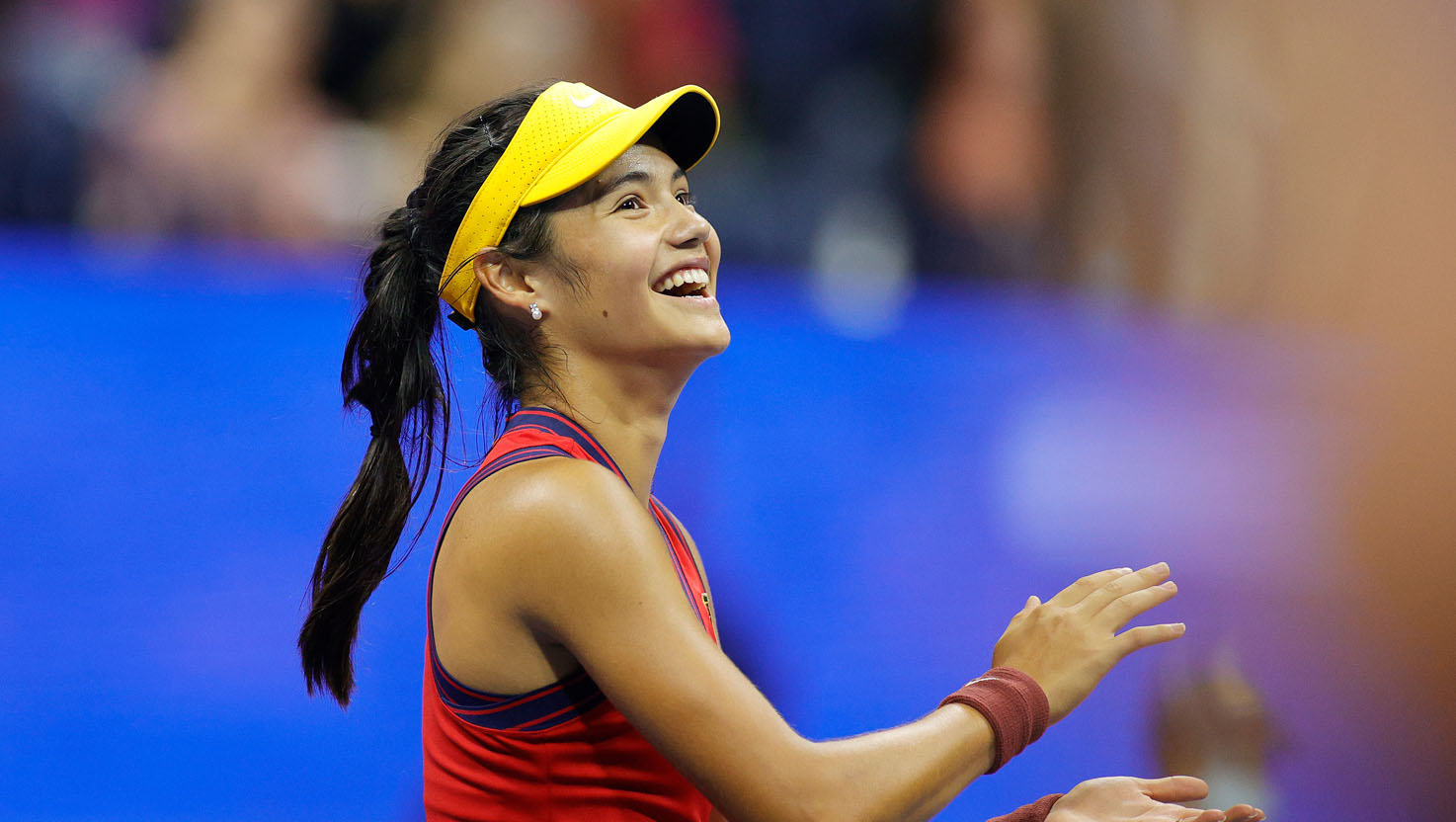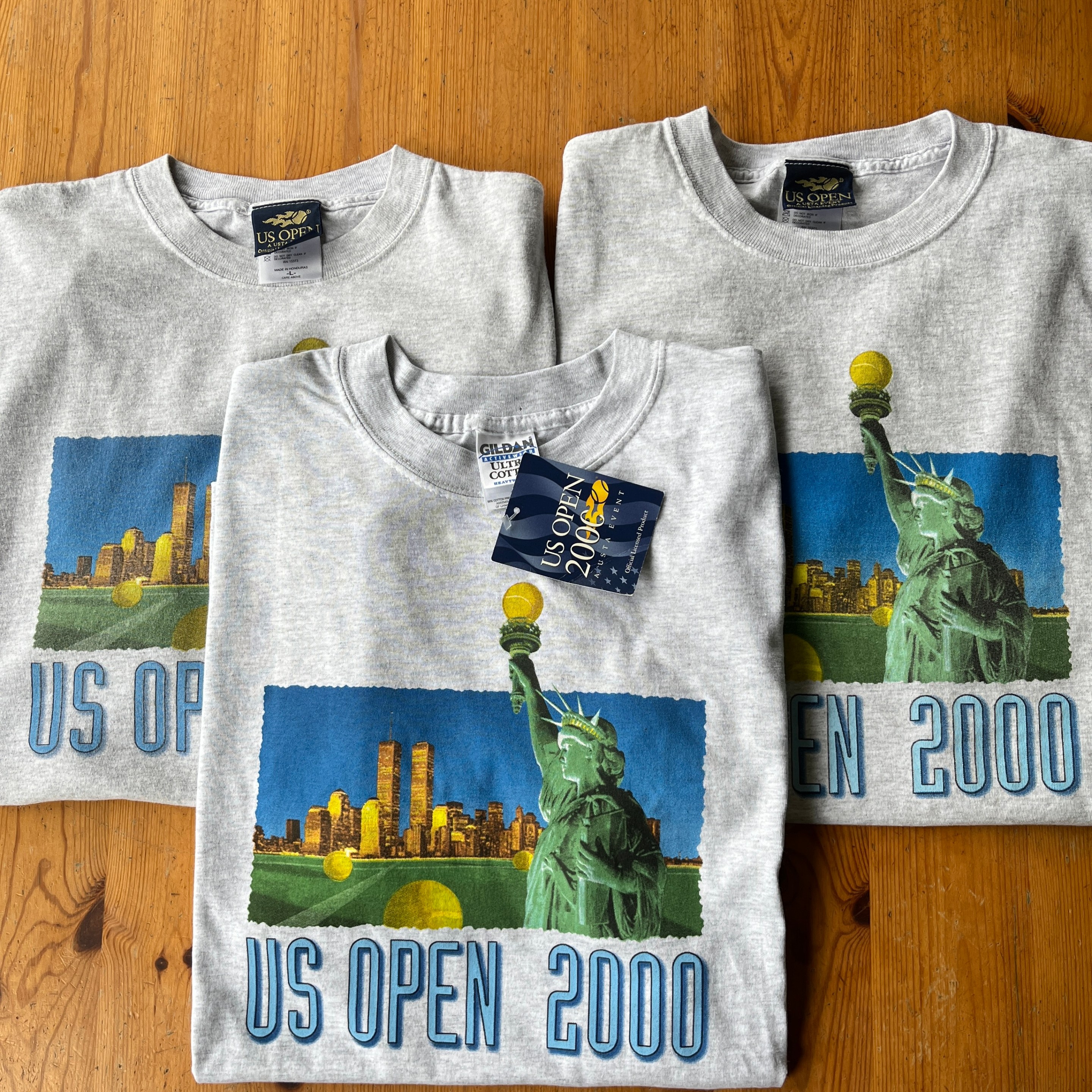[vc_empty_space height="5px"]
By Giri Nathan
[vc_empty_space height="15px"]I’m still in disbelief that they both did it. Either one of the paths to Saturday’s final would’ve been the sole miraculous story line of the US Open; the fact that both played out simultaneously feels like nothing short of a viral marketing stunt. One can only assume this stunt was intended to get teens into watching tennis, and/or heroically winning its biggest titles. Leylah Fernandez and Emma Raducanu, who at the outset of this Open were both 18 years old and ranked No. 73 and No. 150 in the world, respectively, will now meet in the final. Even as I am still figuring out all the nuances of how they play—even as they figure out, in real time, how they play when matched up against the best players alive, as Raducanu told the press—they’re already going to fight over the biggest title left in 2021. Partially this is pandemic weirdness, which interrupted both players’ segue into the pro game in different ways, but it now appears as though two fully formed champs have been plopped right at the top of the women’s game. Over these two weeks they’ve even developed their own distinctive styles of victory—Raducanu in crushing straight sets, Fernandez in a three-set war—which persisted in Thursday’s semifinals.
Raducanu’s straightforward 6–1, 6–4 dismissal of Maria Sakkari makes her the first-ever qualifier, man or woman, to contend in a major final. She’s been cutting a path toward that trophy since Aug. 25, and has not dropped a single set across those nine matches, having given up only five games in a set once, way back in the second round of qualifying. Even that context doesn’t doesn’t do justice to how quickly the Brit has ascended. She only played her first tour-level match in June. A month later she was in the fourth round of Wimbledon. Now she’s on the night session at Ashe. Despite the success, there lingered questions about how she would handle the very best competition on tour, since none of Raducanu’s opponents had been ranked higher than No. 41. Then in Wednesday’s quarterfinal came world No. 12 Belinda Bencic, fresh off her Olympic gold and hitting with aplomb...only to lose in straight sets just like everyone else. Sakkari did not help her case with some error-strewn nerviness, but she can also blame Raducanu’s already terrifying return game, balanced movement, and sterling ground strokes. Barely three months into her pro career, she already has a mean way of reeling off three or four games in a row and leaving veteran foes wilted and lost.
Leylah Fernandez, meanwhile, has taken a much more vexed and dramatic path to the final. She’s played about five more hours across those six main-draw matches, and has established her own habit of riling up the audience early and often to buoy her to victory, like some kind of grizzled crowd favorite. Nor could there be any doubt about the quality of her competition, what with all the high seeds and former world No. 1s in the mix. Her upset of Naomi Osaka, one of many spine-tinglingly tense matches this Open, was the first premonition that Fernandez might be going deep. She followed that up with staggering upsets over Angie Kerber and Elina Svitolina, celebrating her 19th birthday somewhere along the way. On Thursday night she proved she could handle the pace of Aryna Sabalenka in the middle of her career season, too. Back-to-back-to-back-to-back deciding-set victories might have turned most inexperienced legs to lead, but Fernandez continues to play some of the most terrifying defense I’ve seen in a long time—corner-to-corner sprints that shrink up the court, without compromising her ability to roll a delicate winner up the line with a buggy-whip finish. I’m in awe of her blend of speed and control, and apparent relish for the very tensest moments her sport has to offer. How often do you get two first-time finalists acting and playing like it’s their 30th? And could there be anything more nourishing for a sport?[vc_empty_space height="10px"]Above: Emma Raducanu reels after her semifinal victory over Maria Sakkari. (Getty)[vc_column width="1/6"][vc_tweetmeme share_via="racqetmagazine"][vc_column width="1/6"][vc_facebook type="button_count"][vc_column width="1/6"][vc_column width="1/6"][vc_column width="1/6"][vc_column width="1/6"][vc_empty_space height="45px"][vc_column width="1/4"][vc_column width="1/2"]
SUBSCRIBE TO RACQUET

[vc_btn title="SUBSCRIBE NOW" style="outline" shape="square" color="success" size="lg" align="center" button_block="true" link="url:https%3A%2F%2Fracquetmag.com%2Fproduct%2F4-issues-of-racquet%2F|title:GET%20IT%20NOW||"][vc_column width="1/4"]






